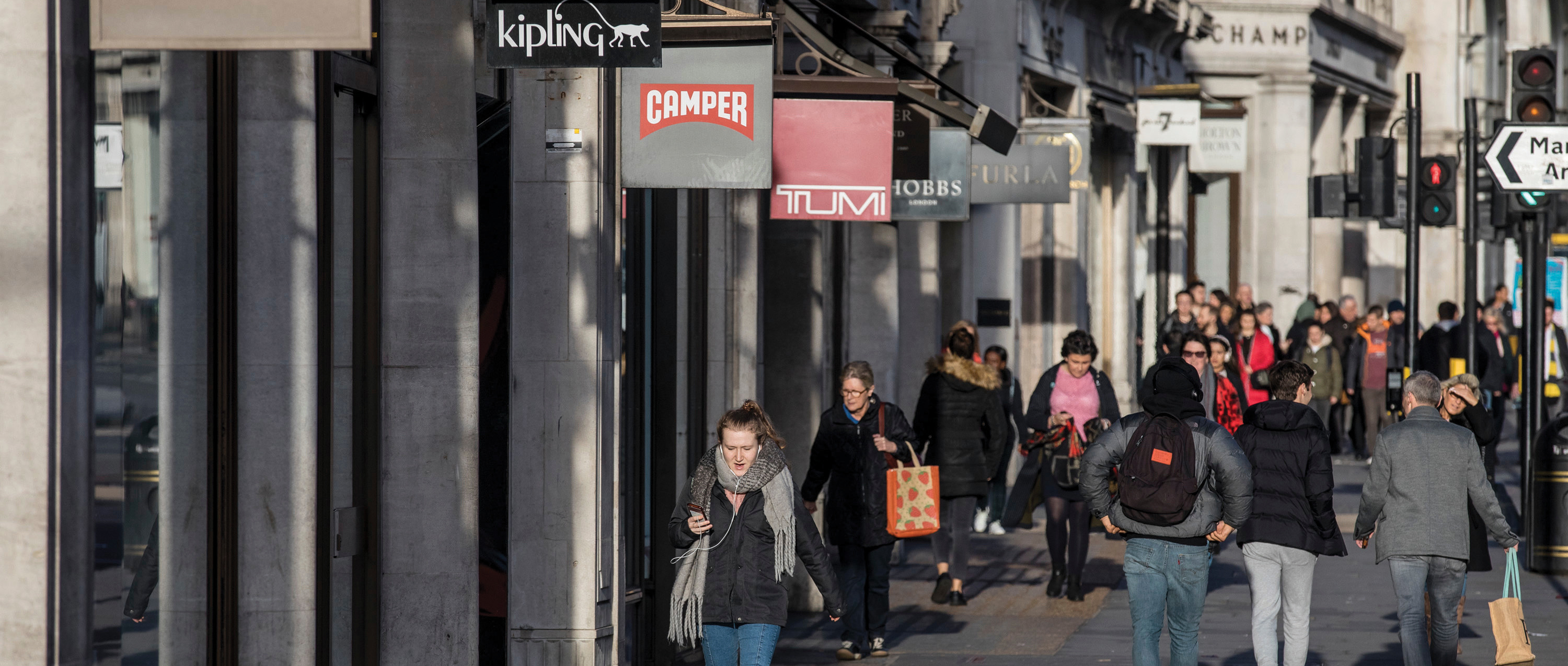The world is a rapidly changing place. Among the fastest changing aspects are those relating to how people communicate and interact with each other – not just online, but in physical environments, including schools, our workplaces and the neighbourhoods we live in.
It’s fantastically exciting, too. Amazon, WeWork and other disruptors have been impacting the built environment. Industrial Revolution 4.0 is here, and millennials and Gen Z have very different expectations for life, impacting where we live, work and socialise. It’s less about what we buy and more about the things we do and experience.
Doing the maths
But what does this revolution mean for how we value investment in towns and cities?
How will Samsung or Microsoft value their new experiential London flagship stores? It won’t be on sales, but on satisfaction. How do we access the commercial value from that great school or healthcare provision on our high streets, or that co-working space that brings much needed jobs to our centres?
Valuation isn’t only monetary. Yes, it needs to reflect what buyers and sellers will trade an asset for. But when you are accessing an investment into long-term placemaking, the maths often doesn’t stack up in the same way.
Given the importance that town centres play in all our lives, we need to take a wider view.
There will be no shortage of data to help judge the effectiveness of turning our shopping centre-dominated hearts back into town centres. But we should be considering the value of a happy community – in short, the value of a smile – to support investment decisions, too.
The challenge is using data to monetise decisions, and perhaps more importantly allowing the public sector, which will often be the glue that holds this together, to have confidence in the radical solutions that are needed, especially when they impact so many areas of our community that contribute to placemaking. Short-term, IRR-driven models do not capture the impact from investments where the community will hold decision makers to account on more than property outputs.
Wellbeing is key. Not just the emotional attraction of spending time somewhere you enjoy, but the ability of place to improve quality of life: from better education to combatting loneliness, especially for older generations.
Although in the 2019 World Happiness Report the UK rose to 15th place, the happiest countries were Finland, Denmark and Norway – ranked on six variables that support wellbeing: income, freedom, trust, healthy life expectancy, social support and generosity.
Some town centres offer all this already, but how can the rest of the UK can do better? In the long term, a well-designed centre will improve wellbeing and health, and support good education and jobs. This eventually gets reflected in prices and valuation.
Holistic solutions
The answer for town centres is not just a valuation model that reflects this – it’s that the fundamentals of the investment decisions, made by the public and private sectors, must look more holistically than just the exit value of bricks and mortar.
These fundamentals mean private capital wants to invest, and I’m seeing a growing appetite; but to do that, many centres need better collaboration between the sectors and the community to be a success.
With a government focus on commercialisation, public sector intervention will increase, as the private sector can’t deliver risk appropriate returns for stand-alone developments and repurposing. But are our public sector stakeholders – health, education, crime, housing, economic development – using the best metrics to value investment in place?
It’s clear collaboration is key to delivering holistic solutions to these fast-moving changes. But for this to work we need to speak the same language, or we just won’t agree on what “good” looks like, especially where many towns simply won’t be able to deliver long term innovative solutions to enhance communities.
We all know that “do nothing” remains the easiest option in scary times. It’s time to embrace these opportunities for change in a pragmatic way. We need to bring together stakeholders, offer a new, accountable way to address calls for greater social investment, and embrace the need for a new valuation approach to town centre decision-making with purpose.
Alan Harris is partner and head of town centres at Montagu Evans











